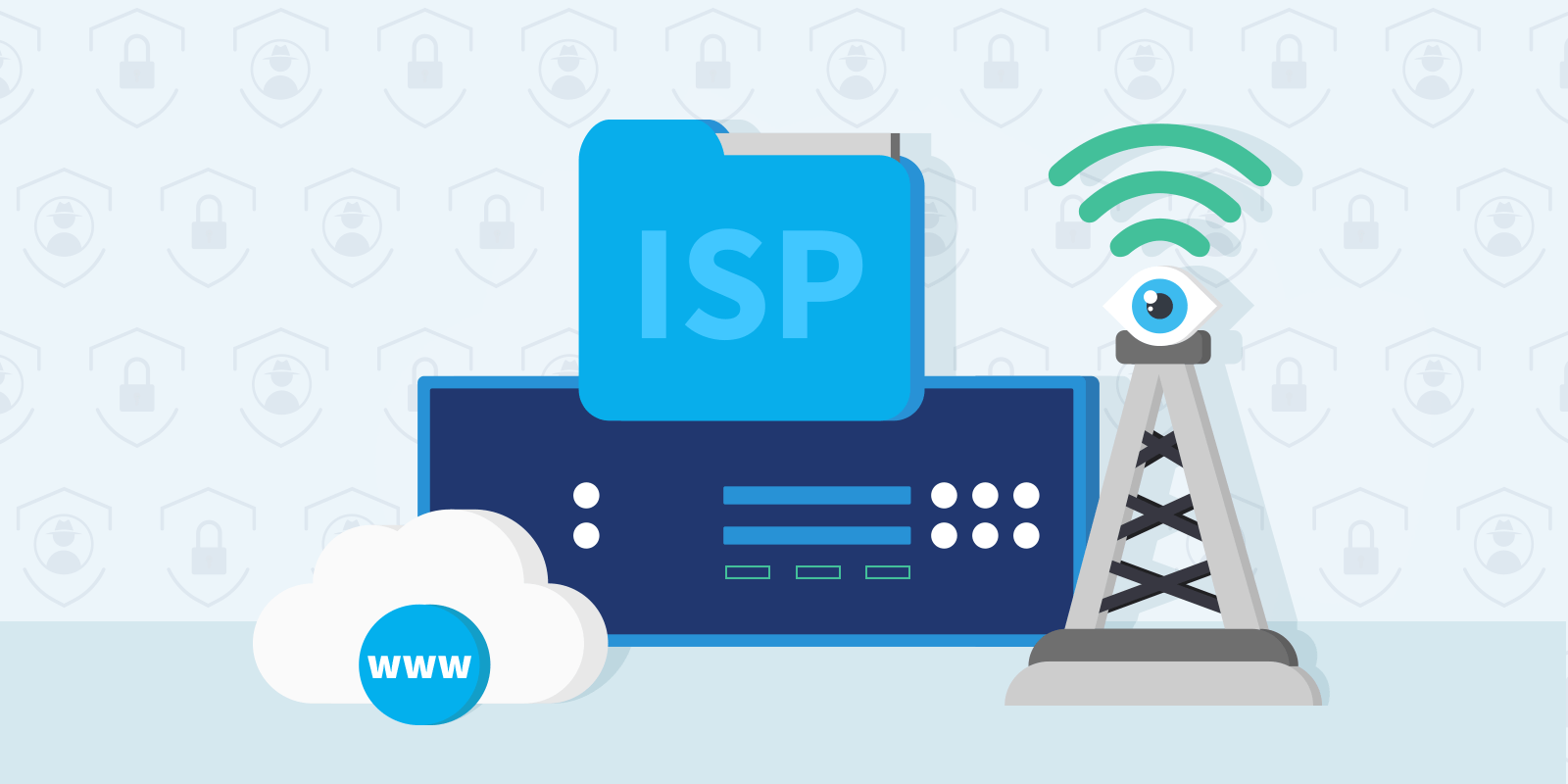justineanweiler.com – The Internet has become an essential part of our daily lives, powering everything from communication and education to business and entertainment. At the core of this connectivity is the Internet Service Provider (ISP), a crucial player in ensuring that individuals and organizations can access the digital world. But what exactly is the role of an ISP, and why are they so important? Let’s explore the key responsibilities and contributions of ISPs in today’s connected world.
What Is an ISP?
An Internet Service Provider (ISP) is a company or organization that provides individuals and businesses access to the Internet. ISPs act as the gateway between users and the global network, facilitating data exchange and enabling seamless communication across the web.
ISPs offer various internet connection types, including:
- Fiber Optic: High-speed and reliable connections using light signals.
- Cable: Internet through cable television infrastructure.
- DSL: Internet over traditional telephone lines.
- Satellite: Internet for remote areas via satellite communication.
Key Roles of ISPs
1. Providing Internet Access
The primary role of an ISP is to provide internet access to homes, businesses, and public institutions. They manage the infrastructure required to connect users to the global web, including laying cables, maintaining servers, and offering wireless solutions.
2. Maintaining Network Infrastructure
ISPs are responsible for building, maintaining, and upgrading the physical and digital infrastructure that powers the Internet. This includes:
- Laying fiber optic or coaxial cables.
- Setting up data centers to handle internet traffic.
- Managing routers, switches, and other network equipment.
3. Ensuring Network Reliability and Speed
ISPs play a vital role in maintaining network stability and ensuring that users receive the internet speeds they pay for. They monitor traffic, optimize bandwidth, and resolve outages to keep the internet running smoothly.
4. Providing Customer Support
When users encounter issues such as slow speeds, disconnections, or equipment problems, ISPs provide technical support to diagnose and fix these problems. Quality customer service is a critical part of their role.
5. Offering Security Services
ISPs often offer tools and services to enhance user security, such as:
- Anti-virus and anti-malware protection.
- Firewalls and intrusion prevention systems.
- Protection against Distributed Denial of Service (DDoS) attacks.
6. Facilitating Business Connectivity
For businesses, ISPs go beyond basic internet access by providing:
- Dedicated internet lines for high-speed connections.
- Cloud hosting and data storage solutions.
- Virtual Private Network (VPN) services for secure remote work.
7. Enabling Content Delivery
ISPs play a key role in content delivery by partnering with Content Delivery Networks (CDNs) and caching popular content on local servers. This reduces latency and improves the user experience for activities like streaming and online gaming.
The Challenges Faced by ISPs
While ISPs play an indispensable role, they face several challenges, including:
- Increasing Demand for Bandwidth: With the rise of streaming, gaming, and remote work, ISPs must continually upgrade their infrastructure to meet growing bandwidth needs.
- Cybersecurity Threats: ISPs are prime targets for hackers, making robust security measures critical.
- Regulatory Compliance: They must adhere to local and international laws governing net neutrality, data privacy, and content censorship.
- Competition: The ISP market is highly competitive, driving companies to offer faster speeds and better customer service at lower prices.
Future of ISPs
As technology evolves, the role of ISPs is expanding. Here are some trends shaping their future:
- 5G and Beyond: ISPs are investing in 5G networks to offer faster, more reliable wireless internet.
- Edge Computing: ISPs are moving data processing closer to users to reduce latency and improve performance.
- Focus on Sustainability: Many ISPs are adopting green technologies to reduce their environmental footprint.
- Global Connectivity: Satellite internet providers like Starlink are aiming to bring high-speed internet to remote and underserved areas worldwide.
Conclusion
Internet Service Providers are the backbone of modern connectivity, enabling people and businesses to thrive in the digital era. From providing reliable internet access to ensuring security and facilitating innovation, ISPs play a critical role in shaping our connected world. As technology continues to advance, their importance will only grow, making them indispensable in our pursuit of a more connected and digital future.





